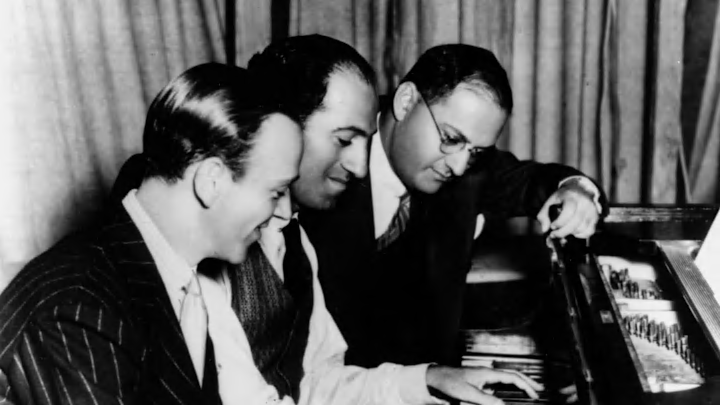1966
Winner: “Born Free”
Should have won: "Georgy Girl"
And speaking of compromise choices, “Alfie,” from the movie of the same name, is an arguably better song than John Barry and Don Black’s winner. Not that “Born Free” is a bad song. It’s kind of over-the-top. A bit precious. “Alfie,” which composer Burt Bachrach named as his favorite song from his storied career, is a very good song that would become a hit for Dionne Warwick. But Warwick didn’t sing it in the movie. Cilla Black did, and the wistful song was better suited to Warwick’s lighter touch.
Actually, neither song should have won in 1966. At the height of the swinging London mod scene, the song that should have won was “Georgy Girl,” which captured that scene – in a movie that was all about that scene. Tom Springfield and Jim Dale wrote it, and the Aussie pop-folk group The Seekers recorded it. I never cared much for The Seekers, but this was a perfect marriage. The song may have dated (though certainly no more than the winner that year), but it still captures a time and a place brilliantly, and if dated, you can still hear it today and enjoy its nostalgia.
1980
Winner: “Fame”
Should have won: "9 to 5"
This is the hardest one. Because “Fame,” written by Michael Gore and Dean Pitchford, and used as the centerpiece of a very good movie, is a fine song. It’s just that Dolly Parton wrote and sang “9 to 5” that year. If ever a song deserved this particular award, it was “9 to 5.”
Jane Fonda, who co-produced and co-starred in the movie, tells great stories about its creation. Several of them involve Dolly, who had never acted in a movie before. She holds her own alongside genuine pros like Fonda, Lily Tomlin, and Dabney Coleman. But her greatest contribution was this boisterous, angry, triumphant homage to working girls of all stripes. When that piano begins pulsing, punctuated by a few horn blasts and typewriter clicks, you are in that movie. When Dolly starts singing, you know you want to stay.
